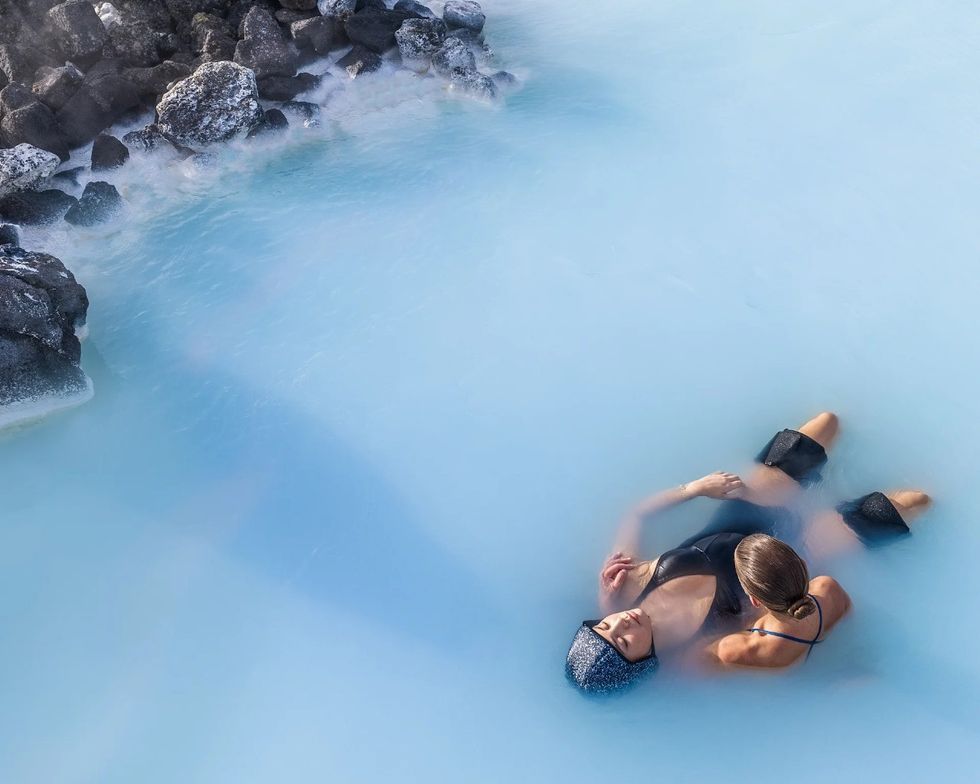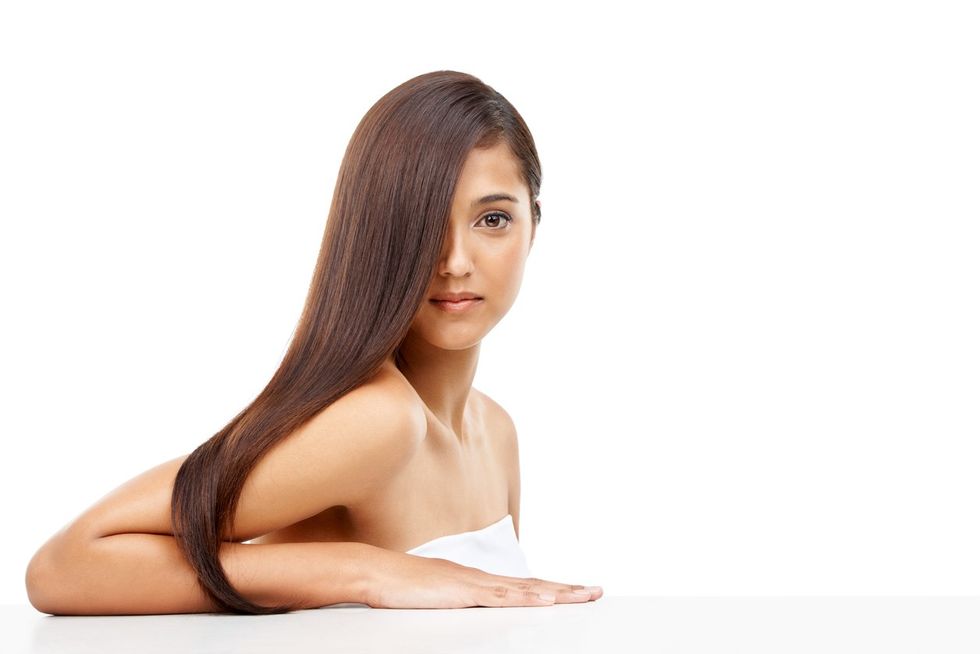ECZEMA is a chronic skin condition that perhaps isn’t discussed enough, despite affecting many millions of people worldwide.
UK-based Vindya Silva has broken that silence with her inspiring Instagram page SkintuitiveMind. She shares unfiltered advice on skincare, eczema and wellness in an enlightening way, which includes parodies. The content creator, who works with a portfolio of brands across account management, communications, and digital marketing, uses her own experiences of having had eczema and vitiligo since childhood.
Eastern Eye spoke to Silva about eczema, key advice for those who have it, her own personal experiences and importance of raising awareness about the condition. She also discussed misperceptions associated with eczema and discrimination that comes with it, including in the Asian community.
What is the origin story behind your Instagram page, SkintuitiveMind?
SkintuitveMind began as a way to share my experience and self-care tips with others who had sensitive skin. It was a nice way to be part of a community I didn’t have growing up. While I share a lot on eczema, my content reflects my personal growth journey and healing my inner child. I am always reflecting on things that help me stay positive. When I talk about flare-ups, I’m also referring to overcoming the obstacles in life.
Tell us more about that.
I lost my mum at a young age, which was a pivotal moment that really shifted my mindset. It was a constant reminder to prioritise what I love and find joy in the simple things, as our time is limited. After becoming a mother a couple of years ago, I promised I would still make time for these things. Hobbies have a positive impact on our mind and skin. SkintuitiveMind is about connecting those dots – embracing self-care for both physical and emotional well-being.
How have skin conditions affected your life?
Secondary school was especially tough for me, since my facial eczema was quite bad during this time. Some students made mean and humiliating comments about my appearance probably to fit in with the crowd. These comments stick with you.
Then there’s the physical discomfort of eczema, which I feel has worsened in recent years. I’ve had terrible flare-ups where I have had to go to A&E with my eyes literally shut. I’ve had to go fragrance free and avoid most detergents.
What are your common triggers for eczema?
Some of the common triggers are pollen, animal fur and saliva, dust, chemicals, fragrances and detergents.
Can diet and lifestyle changes significantly impact the management of eczema?
In my experience, absolutely. I’ve cut back on trigger foods like dairy, yeast and refined sugars, which are often the most tempting. I don’t want to develop sensitivities by eliminating certain foods entirely, so I’ve reduced the amount I consume in a week, and feel less itchy on days I avoid top triggers. Stress is also a huge factor, so managing that has been crucial for me.
What do you wish more people knew about managing eczema?
Not to under-estimate the mind skin connection. I recently hosted an Instagram series called Healing with Hobbies with Jennifer Austin, a clinical psychotherapist and hypnotherapist. Jen explained how mindful and creative hobbies can help eczema symptoms as it can reduce cortisol, the stress hormone which triggers inflammation in our body.
What are some of the most common misconceptions that you encounter about the condition?
That just moisturising will help, when it is a lot more complicated than keeping your skin moisturised. Another misconception is that it can be ‘cured’. There isn’t a cure, but we can manage eczema symptoms through lifestyle habits, skincare, diet, stress management, avoiding triggers and so on.
Is there a need to improve awareness around eczema?
Yes. This would massively help people with their treatment options. I personally hesitated to go ahead with Protopic because of so many mixed reviews on it. Doctors should discuss with patients the potential aftermath of long-term steroid cream use because of the number of people suffering from TSW (topical steroid withdrawal). There is also a misconception that TSW happens from misuse of steroid cream, but it can also happen to individuals using it as advised.
Vindya SilvaWhat was it like dealing with eczema and vitiligo in a south Asian community and how has this impacted you?
Vitiligo and eczema are seen as problems to solve rather than a condition to accept and embrace. Acceptance is a difficult concept in the south Asian community. I felt forced to cover up and hide it rather than say to everyone that I have a skin condition. While some people mean well, questions and comments only make one feel more self-conscious.
What challenges have you faced in explaining skin conditions to relatives who may have misconceptions or cultural beliefs about skin conditions?
A relative genuinely believes my skin conditions are a result of bad karma and suggested giving back to someone else with skin conditions in order to magically reverse it. It sounds bizarre but the conversation was serious, and it is disappointing to hear.
What key advice would you give those with eczema?
With so much advice out there, it can feel overwhelming. Embrace what feels right for you personally. Find a skincare routine that works for you and listen to your body. Surround yourself with a supportive community of people who understand you. Remember flare-ups are temporary and a step toward better understanding and managing your skin. This journey is uniquely yours.
Instagram: @SkintuitiveMind


























 Dimps Sanghani
Dimps Sanghani

Man pleads guilty to crossbow murders of BBC presenter’s family